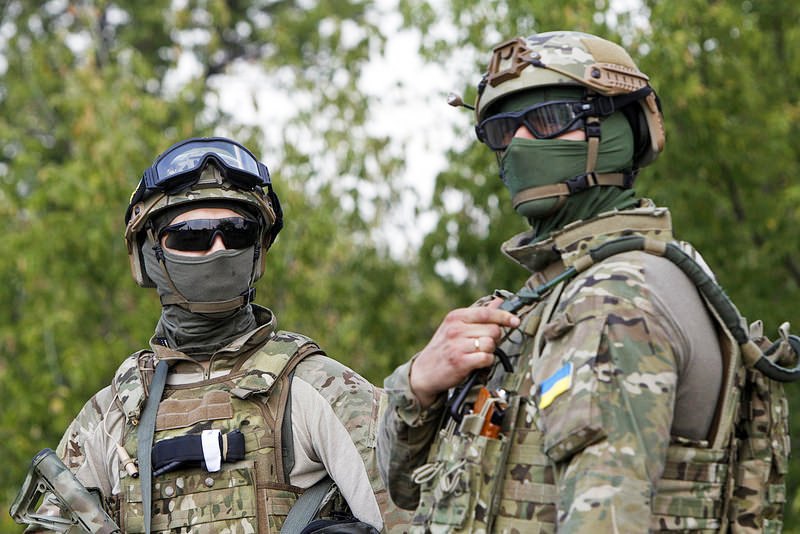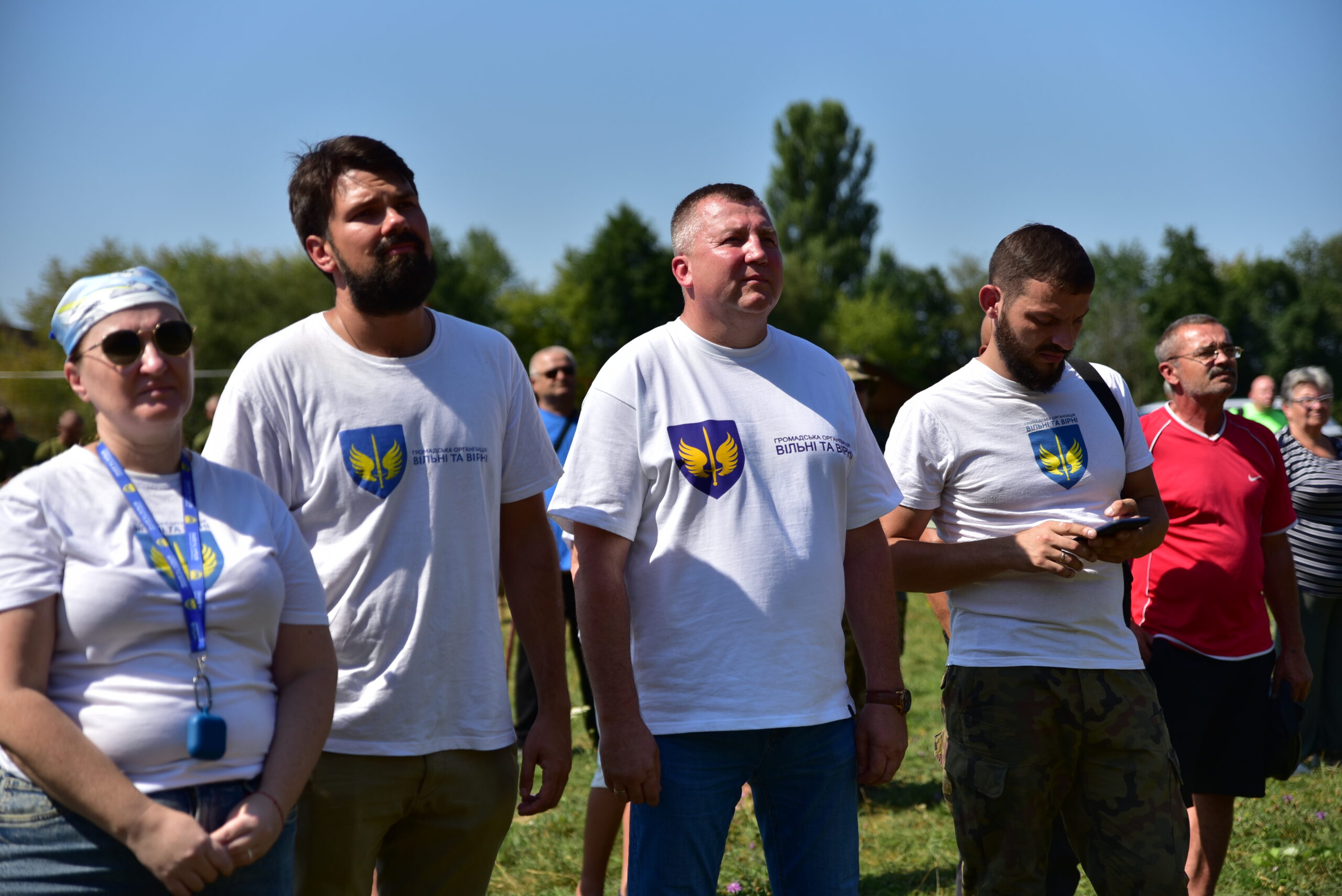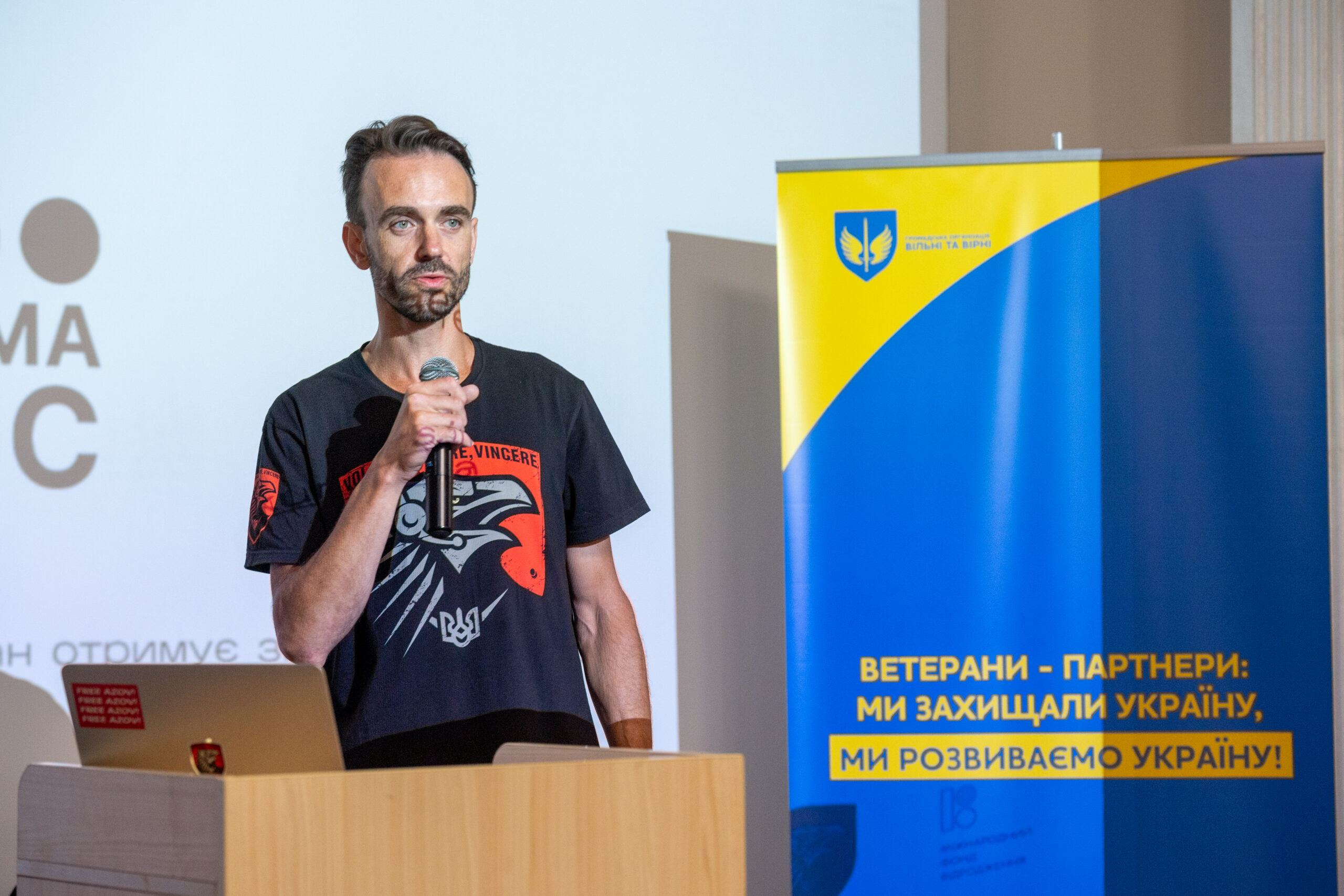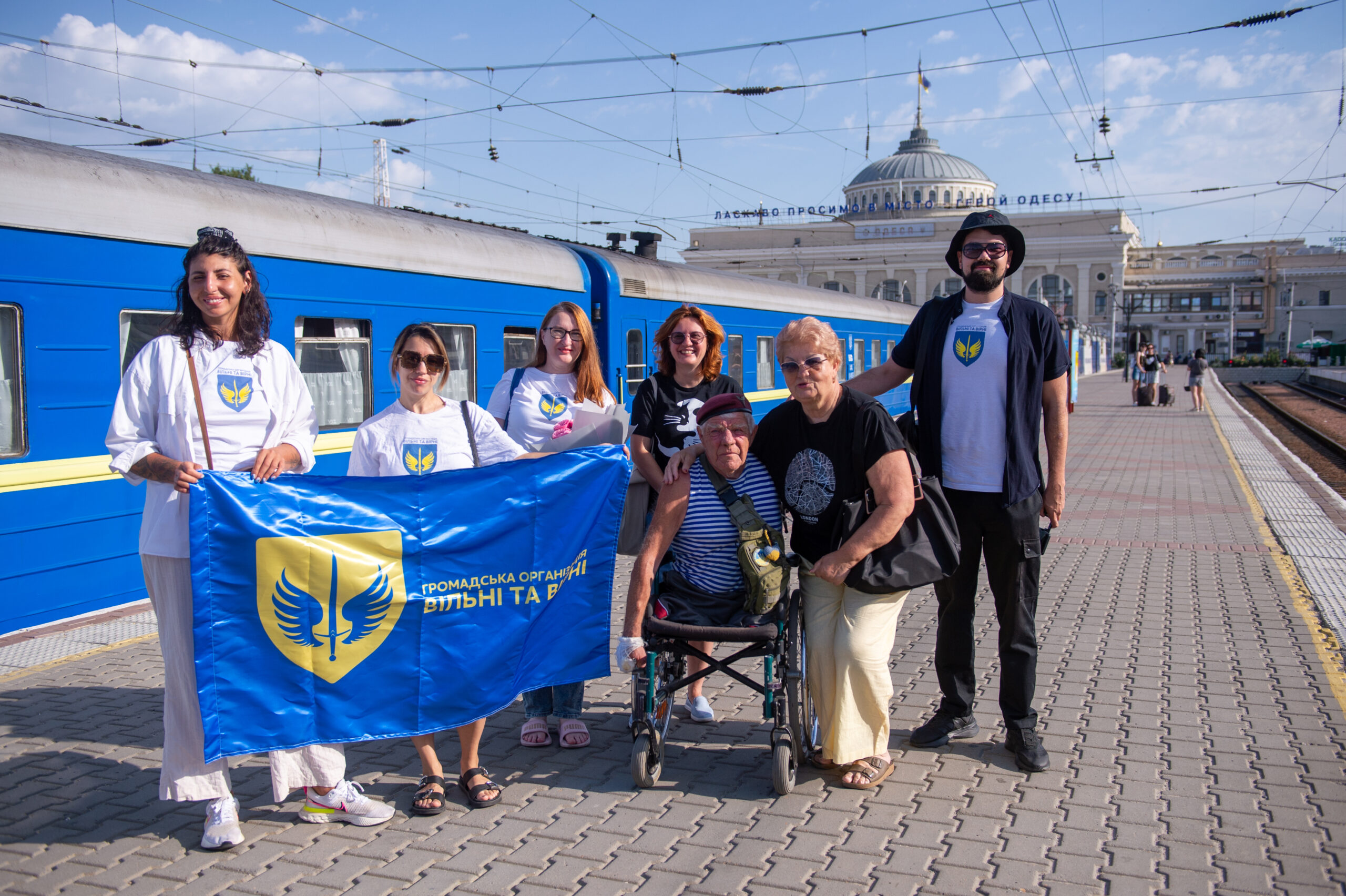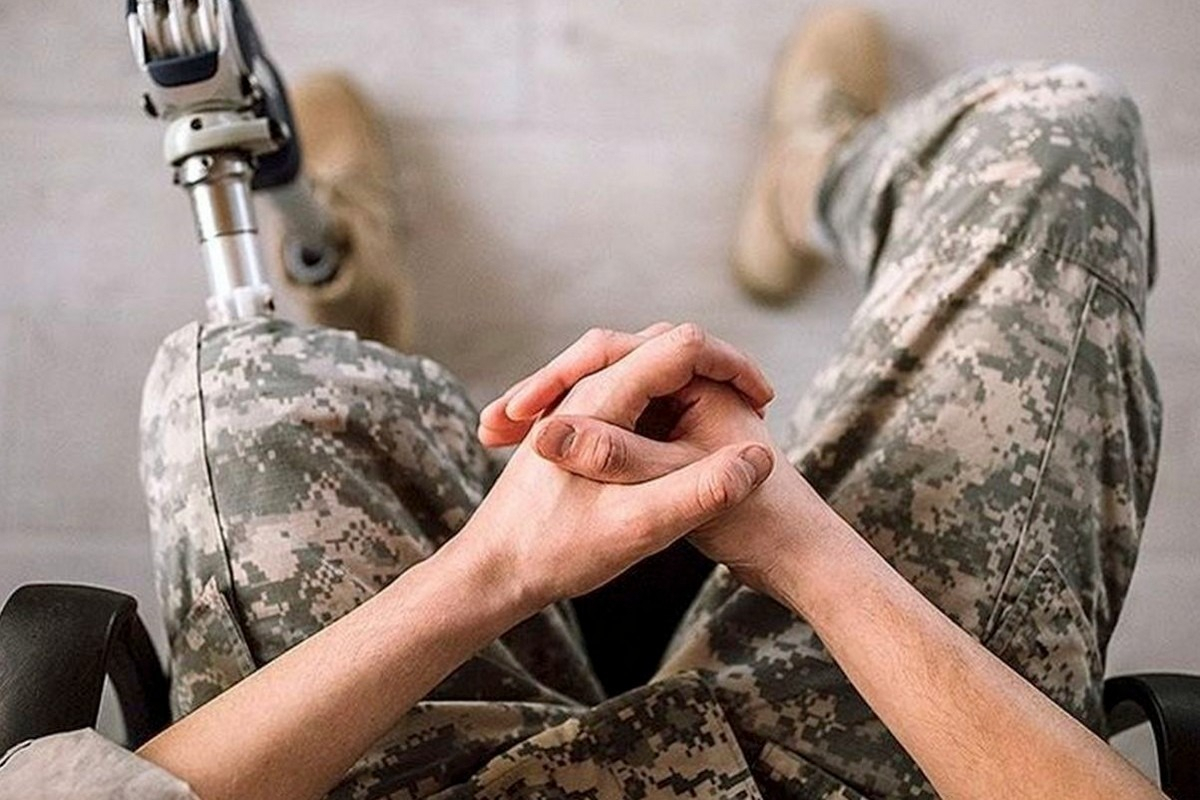Will the state offer former soldiers preferences in employment and running their own businesses?
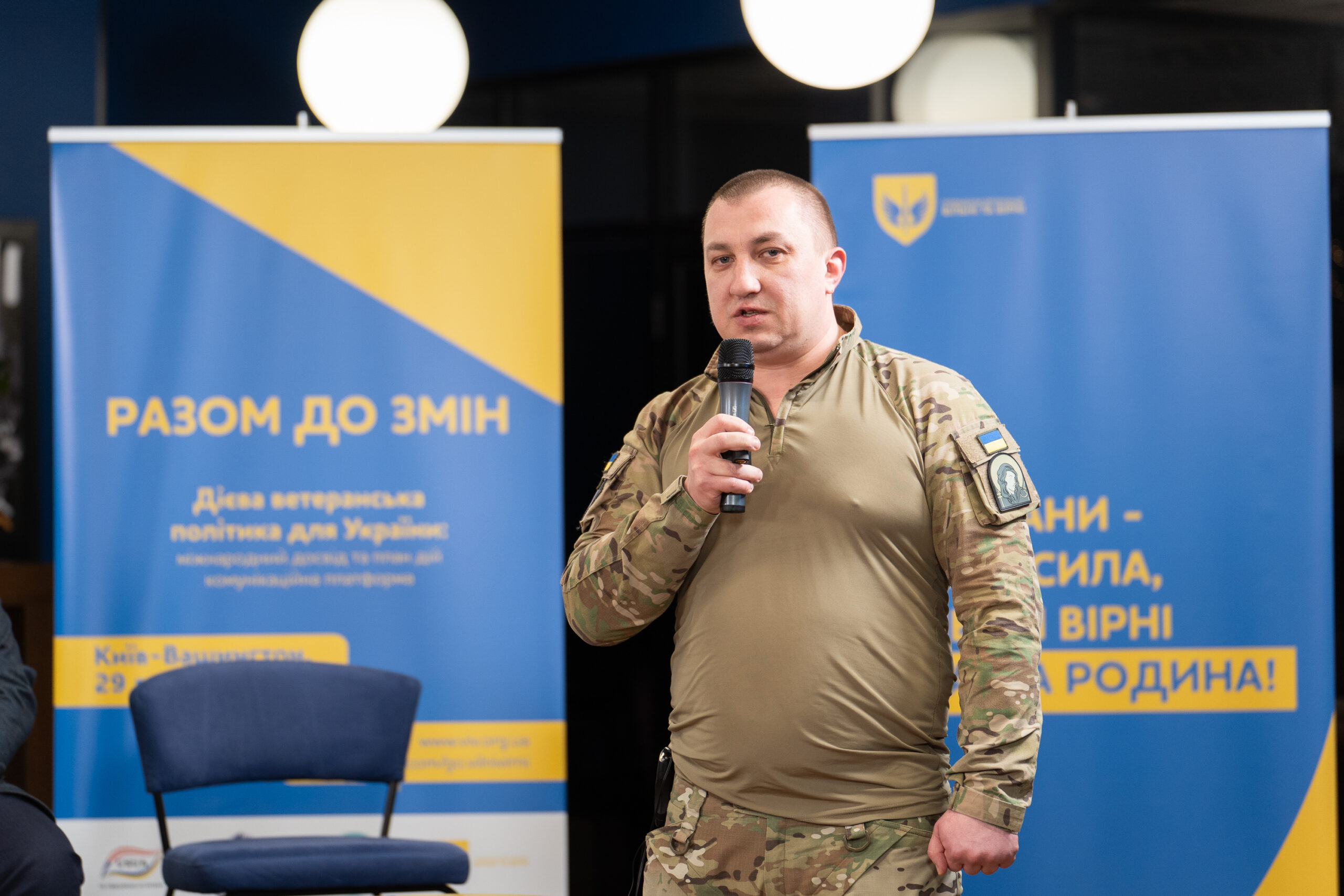
I reviewed with interest the findings of the sociological study conducted by the Ukrainian Veteran Fund and the Ministry of Veterans Affairs of Ukraine, titled “Needs and Barriers for Veterans in Employment,” conducted this summer. The study reveals a wide range of challenges faced by military veterans upon returning home and adjusting to civilian life, with securing decent employment being one of the most pressing needs. This is not only due to psychological adaptation issues but also because nearly half of Ukrainian veterans will lose their previous qualifications and will need retraining for future employment.
However, I cannot fully agree with the conclusions of this study, as they mainly offer recommendations for employers and veterans, while the role of the state and local government in addressing this issue remains marginal and limited to advisory functions or providing certain benefits to these two parties.
The study’s conclusions are also surprising because a section is dedicated to international experience, specifically addressing veteran adaptation and employment issues in the U.S. This section highlights the U.S. legal framework—comprising four main laws—and the federal and regional programs in place to ensure that unemployment rates among veterans are at least as low as or lower than those of other population groups. Importantly, the primary employer of veterans in the U.S., according to existing laws, is not the private sector but the government: from the Department of Defense to the Department of Veterans Affairs and the Department of Transportation.
In the U.S., the law protects not only the rights of veterans returning to civilian careers but also gives them preferential status during federal job recruitment. Veterans may receive additional points or preferences during the competitive selection process for vacancies based on their qualifications.
The law also provides preferential employment for veterans with and without disabilities from competitive applicant lists and sets conditions for special non-competitive appointments that allow hiring veterans. In addition to federal support programs, successful regional programs funded by states or local authorities have been in place for many years.
The specificity of the Ukrainian situation, in my opinion, lies in the fact that veterans returning from the Ukrainian-Russian war vary greatly in age and social status. Among them are both young people and the elderly. The state should support all veterans without exception, not just those who wish to start their own business or pursue a career in a large private company.
The state and local government should set an example in solving this problem, as they are among the largest employers. Therefore, Ukraine needs to develop and enact a special law on the employment and social adaptation of military veterans, which would recognize veterans as valuable assets for the development of the state rather than a burden on the budget. The law should also provide veterans with preferential hiring, particularly in state and municipal institutions.
This would not only be fair and humane but also beneficial for the country’s economic and political stability. Military veterans are people who have earned the respect and support of society for their service and sacrifice. They have the right to a decent life and work after returning home. The state should be the first to assist them in this.

